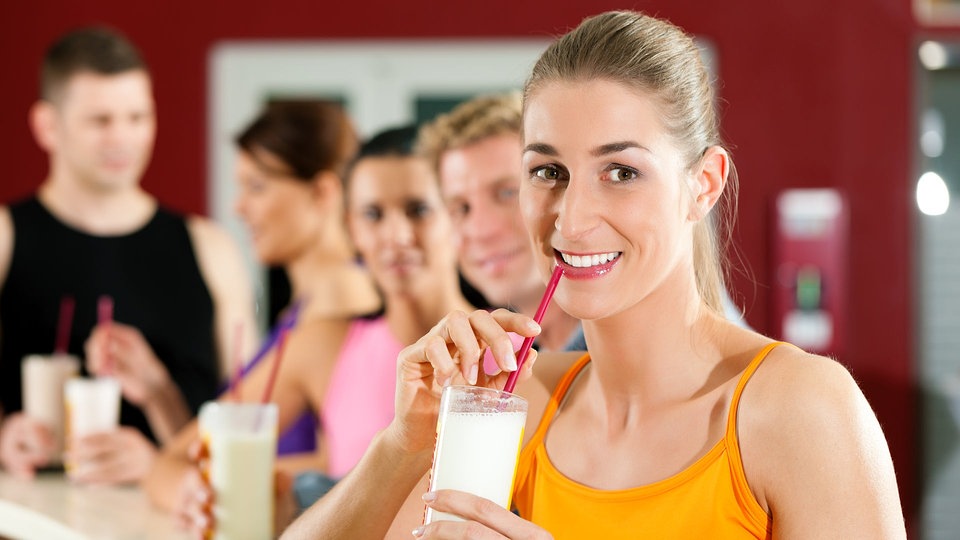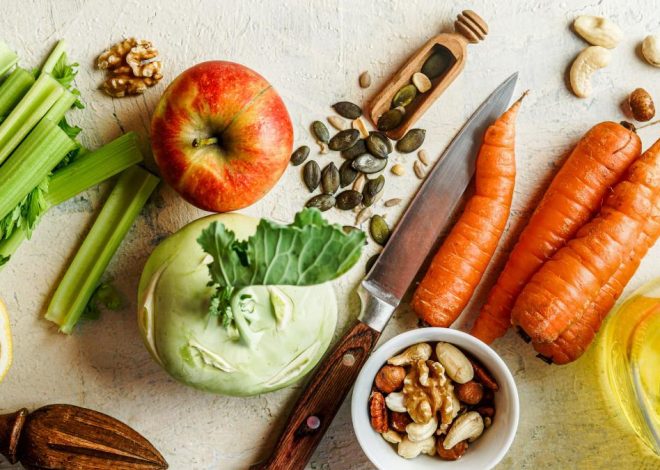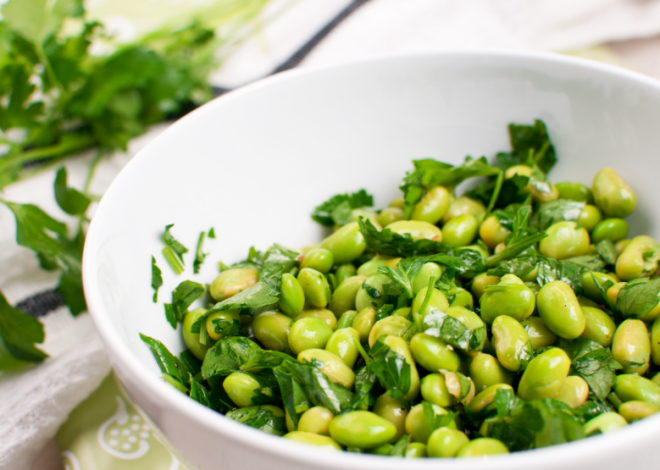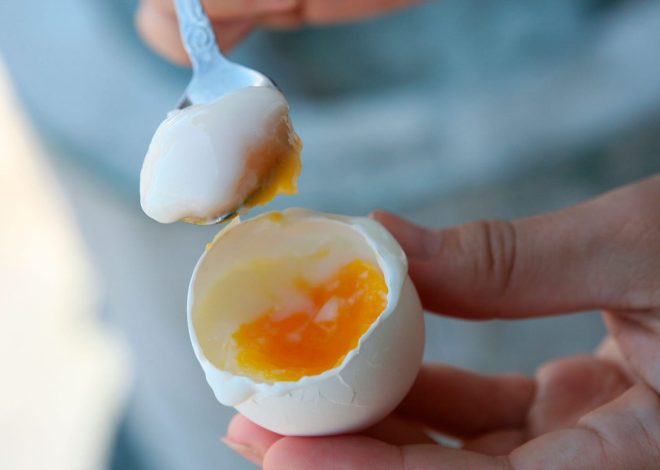
Protein shakes are so useful for young and old
Protein powder – mixed with milk or water to make a shake – is supposed to help athletes build “more muscle”. But what are the real benefits of protein shakes?
Muscles break down pretty quickly when they are no longer needed. For example, when you are just lying in bed. These processes of breaking down and building up muscles are constantly taking place, explains Eduard Isenmann from the Cologne Sports University. He is currently working on a research project that is investigating precisely these connections.
Gerontology and the study of aging have shown that a protein-rich diet is essential for maintaining muscle mass. However, many older people often lack this basis. If they then spend a long period lying down, things quickly go downhill. This is noticeable in everyday life. In addition to a sufficient intake of protein, exercise is also important: muscles need not only protein, but also stimulation. This is the language of the muscles.
80-year-olds should consume much more protein than 20-year-olds. But if we look at consumption habits, it is exactly the opposite.
Dr. Eduard Isenmann, Institute for Circulatory Research and Sports Medicine at the German Sport University Cologne
Is there no alternative to the protein shake?
A balanced diet actually ensures that the body has enough protein. Powders are not necessary. Sports scientists and internists agree on that. However, anyone who wants to have “defined muscles” or even do bodybuilding will have a hard time without protein supplements.
If you are a normal endurance athlete, then a normal healthy diet is completely sufficient to build and maintain healthy muscles.
Prof. Dr. Jan Galle, Chairman of the German Society for Internal Medicine
If you only eat a jam roll with black coffee in the morning, your protein intake is close to zero. But if you eat oatmeal with milk or yoghurt, things look completely different. If you reach for a protein shake because you don’t have enough time, you’re doing a lot of things wrong, but it’s not a bad alternative, says Dr. Eduard Isenmann from the Cologne Sports University.
But he recommends mixing the protein powder with something healthy: a banana and oatmeal, for example. Older people often have little appetite, so here too there is a justification for reaching for the shake before muscles are lost and with them everyday strength.
But if you manage to regularly incorporate oatmeal or cottage cheese into your daily routine, you can manage without the powder. Otherwise, it’s like with all substances: the dose makes the poison. And if you want to help yourself with protein supplements, you should at least have your kidneys checked beforehand to see if they are working properly, according to the recommendation of the German Society for Internal Medicine.
It is very easy to do a urine protein test. You have to give a urine sample to your doctor. This test should be negative, if not, you will need to do further tests.
Prof. Jan Galle
How much protein is allowed?
For the general population – without the ambition to become a muscle man or a competitive athlete – 0.8 grams of protein per kilogram of body weight is sufficient. This means that someone who weighs 75 kilograms needs 60 grams of protein a day. To put this into perspective: 100 grams of oatmeal contains 13 grams of protein, low-fat curd cheese is just as good, meat of course, pulses also have a lot of protein, as do so-called protein breads.
This means that if you eat a high-protein diet, you’ll actually get by quite well. However, if you eat almost exclusively fruit and low-protein vegetables, you might find it tight. The German Nutrition Society recommends that adults over 65 eat a little more than 0.8 grams, namely one gram per kilogram of body weight per day. It’s important to note that overweight, older people don’t need any more protein. They should calculate as if they were of normal weight.
The fact that older people need more protein to build muscle is due, among other things, to a lack of hormones, especially testosterone. It is simply no longer processed as well. In this case, internist Prof. Jan Galle is not completely against supporting with protein supplements if necessary, although basic skepticism remains.
But the restriction made here applies even more. As you get older, you have more organ problems, so discuss it with your doctor beforehand.
Prof. Jan Galle
Does it matter when I take the protein?
The current state of science is: spread it over several meals, 20 to 40 grams of protein per meal, depending on whether you eat three or five times a day. And our oatmeal with milk would already be those 20 grams. 100 grams of chicken also provides just over 20 grams of protein, so you get very close to the 60 grams per day.
Studies are currently underway to investigate whether older people should perhaps be recommended to consume 1.6 grams of protein per kilogram of body weight. This would then be in line with that of competitive athletes. But even then, the question remains as to what the liver and kidneys would say about this.
First the gym, then the protein shake?
The protein shake after pumping is like the wheat beer after football. You can do it, but you don’t have to, says Dr. Isenmann.
The shake has advantages after exercise, it is freely available. But theoretically I can also eat my low-fat curd cheese.
Dr. Eduard Isenmann
Basically, training days should be accompanied by a balanced diet. That’s the basis. If you make sure that you get a little more protein, you don’t actually need to add anything artificial. It would be important to consume what the body wants to use to form muscles after exercise – within the next hour if possible. A protein shake or cottage cheese would be a good option here. If you can and want to, you can also eat “normally”.
Image rights: Colourbox.de
What we know, especially for ambitious athletes, is that the time window immediately after exercise, i.e. the first one to three hours, is crucial. Carbohydrates and proteins must be included.
Dr. Eduard Isenmann
If these substances are missing, you will notice it the next day because regeneration is not as it should be. The same applies to all protein: the body still needs the stimulus. But you don’t have to train to the point of muscle failure, explains Dr. Isenmann. Older people in particular should exercise more often. So it’s better to exercise three times a week and then take it a little more slowly.
This is classical gymnastics, as I remember it from my grandmother.
Dr. Eduard Isenmann
And now a vitamin boost at the end?
Vitamin injections are modern and not exactly cheap. The same goes for extra pills. But there is only one indication for this: a real deficiency. A dialysis patient who loses water-soluble vitamins through dialysis should take these in addition, says internist Galle.
The vitamin D hype also only fills the coffers of the suppliers. Anyone who doesn’t get any sun could of course also have a vitamin D deficiency, but that doesn’t normally happen in our latitudes. However, certain substances can be critical for people who eat a vegan diet. Iron deficiency and anemia are a problem that cannot be solved without appropriate preparations. And while a vegetarian diet still works quite well during pregnancy, in Prof. Galle’s view vegans shouldn’t actually get pregnant at all. The internist is pretty clear in his assessment.
In my opinion, pregnancy and a vegan diet are physical assaults. This poses a high risk to the child’s brain and nerve development.
Prof. Jan Galle
More about healthy nutrition and nutritional supplements
This topic in the program:MDR THÜRINGEN – The Radio | Ramm in the afternoon | June 11, 2024 | 4:30 p.m.

Ethel Purdy – Medical Blogger & Pharmacist
Bridging the world of wellness and science, Ethel Purdy is a professional voice in healthcare with a passion for sharing knowledge. At 36, she stands at the confluence of medical expertise and the written word, holding a pharmacy degree acquired under the rigorous education systems of Germany and Estonia.
Her pursuit of medicine was fueled by a desire to understand the intricacies of human health and to contribute to the community’s understanding of it. Transitioning seamlessly into the realm of blogging, Ethel has found a platform to demystify complex medical concepts for the everyday reader.
Ethel’s commitment to the world of medicine extends beyond her professional life into a personal commitment to health and wellness. Her hobbies reflect this dedication, often involving research on the latest medical advances, participating in wellness communities, and exploring the vast and varied dimensions of health.
Join Ethel as she distills her pharmaceutical knowledge into accessible wisdom, fostering an environment where science meets lifestyle and everyone is invited to learn. Whether you’re looking for insights into the latest health trends or trustworthy medical advice, Ethel’s blog is your gateway to the nexus of healthcare and daily living.



